Methanol-Fueled MAN 21/31DF-M GenSets Secure First Propulsion Order For Chemical Bunker Tanker
MAN Energy Solutions has secured an order for three Dual Fuel-Methanol — MAN 6L21/31DF-M—GenSets that will operate on methanol.

MAN Energy Solutions has secured an order for three Dual Fuel-Methanol — MAN 6L21/31DF-M—GenSets that will operate on methanol.
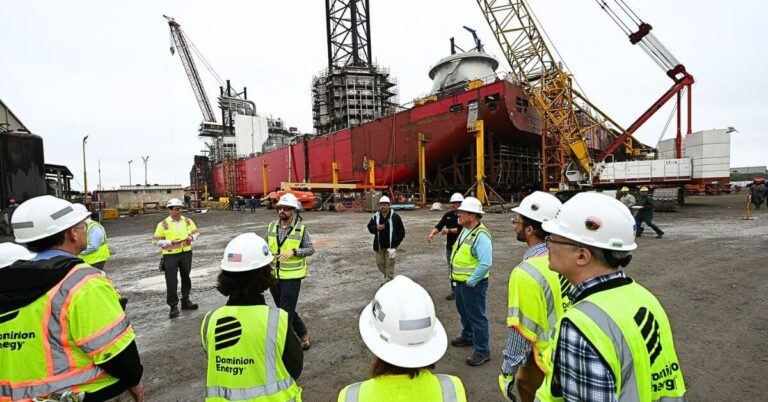
Dominion Energy has declared the launch of the first Jones Act-compliant and U.S.-built offshore wind turbine installation vessel.
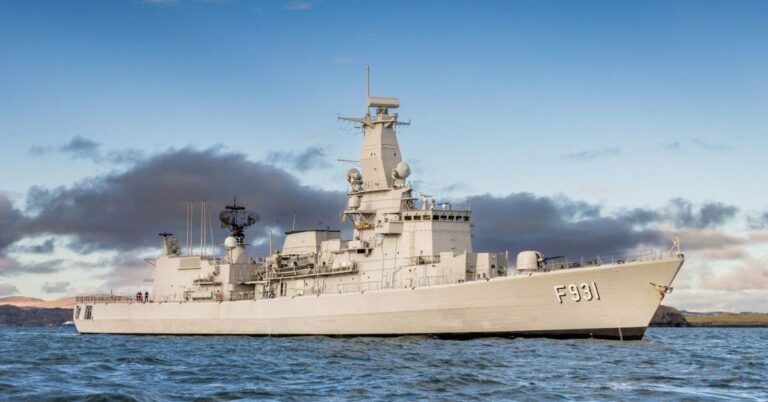
Belgium had postponed its deployment of the frigate Louise-Marie to the Red Sea indefinitely after the vessel failed several technical tests.
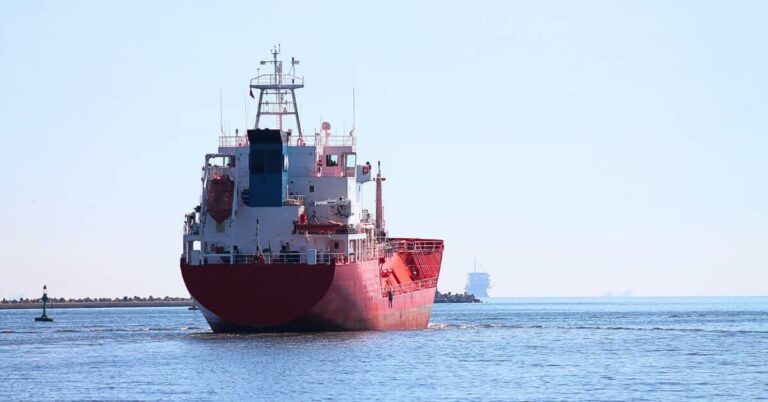
Egyptian authorities have detained a gas carrier registered with Liberia when the vessel grounded in an ecologically sensitive region.
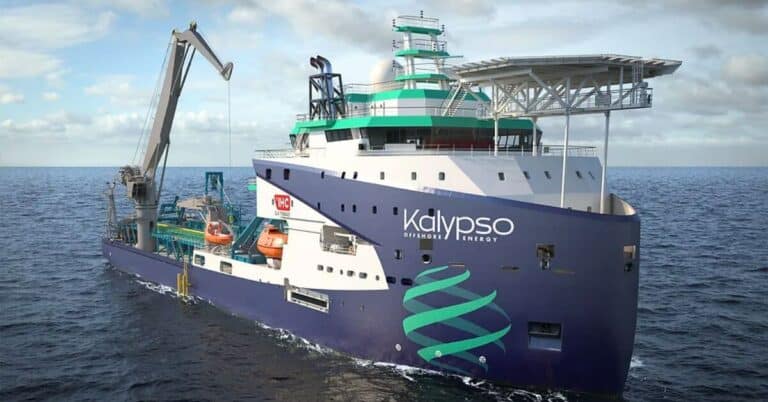
Plans have been announced to construct first U.S. Jones Act-compliant cable laying vessel for the country’s developing offshore wind sector.

Singapore retains its position as the leading maritime centre in the world and stands tall once more in the busy world of marine commerce.
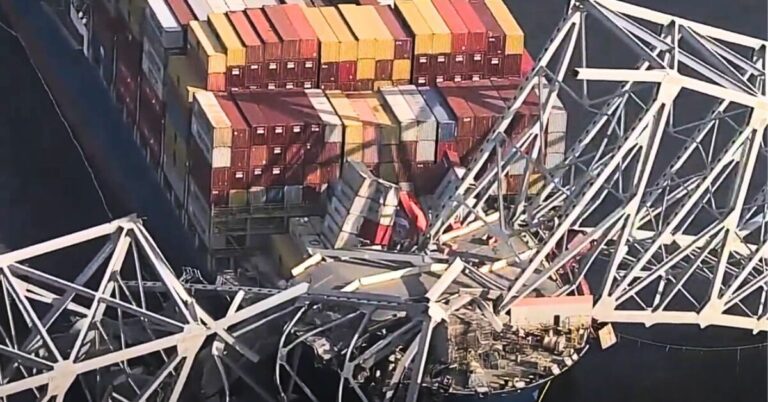
The Federal Bureau of Investigation (FBI) has opened a criminal investigation into Baltimore’s Francis Scott Key Bridge collapse.

Iran’s IRGC detained the MSC Aries, a Portuguese-flagged cargo ship, on April 13, 2024, charging for maritime law violations.

Greenpeace activists reportedly painted slogans on an Estonian-owned tanker on Friday in the middle of the Baltic Sea.
"*" indicates required fields